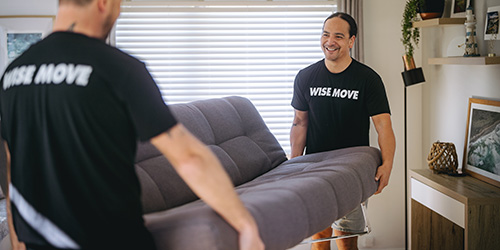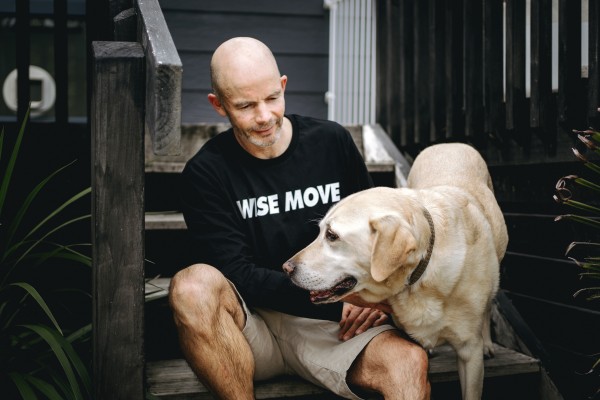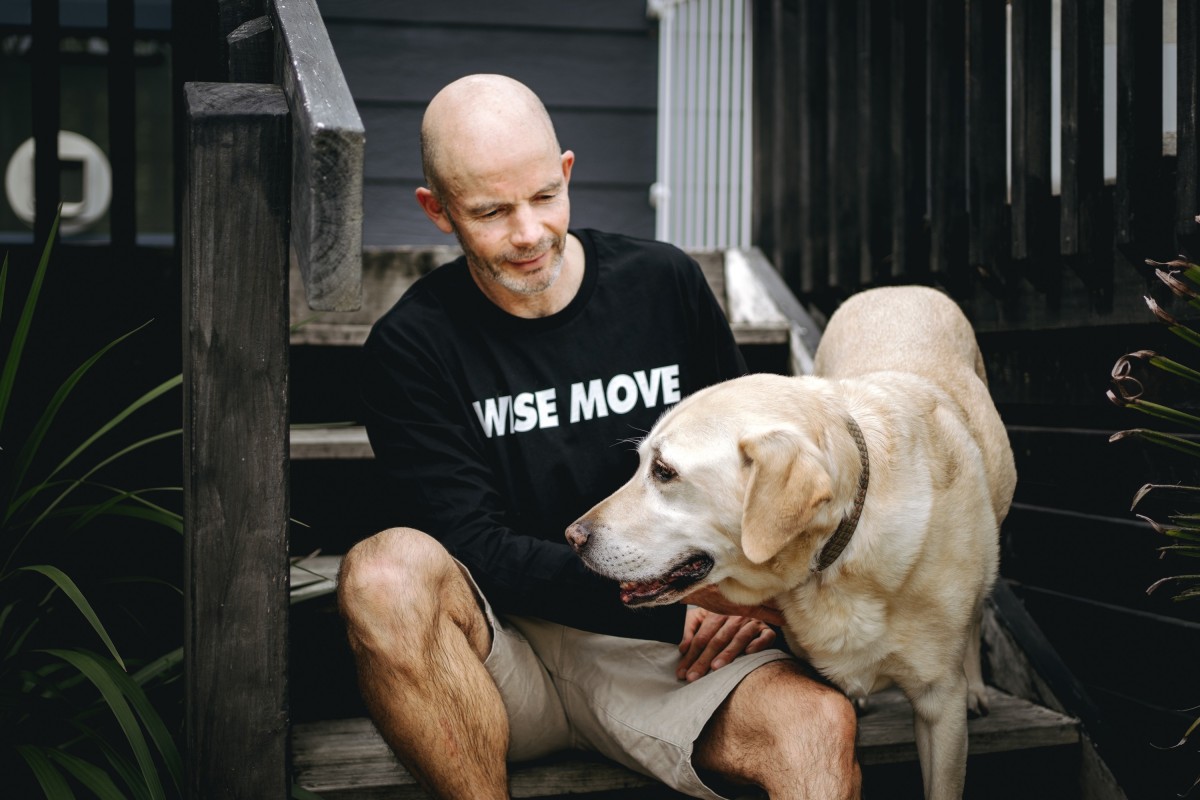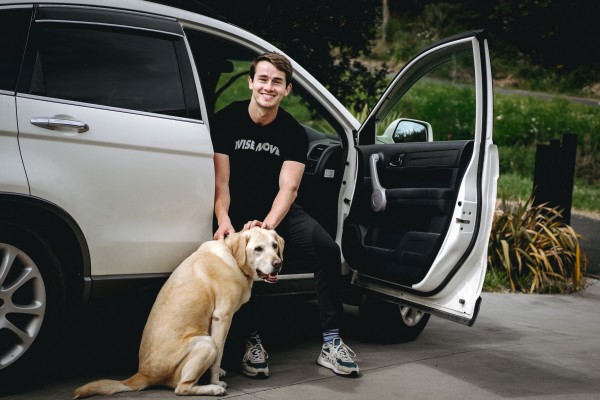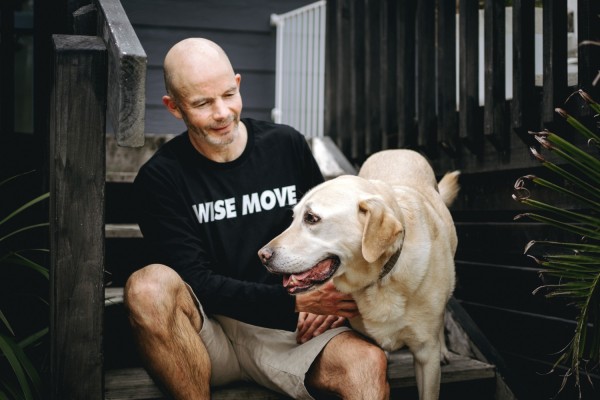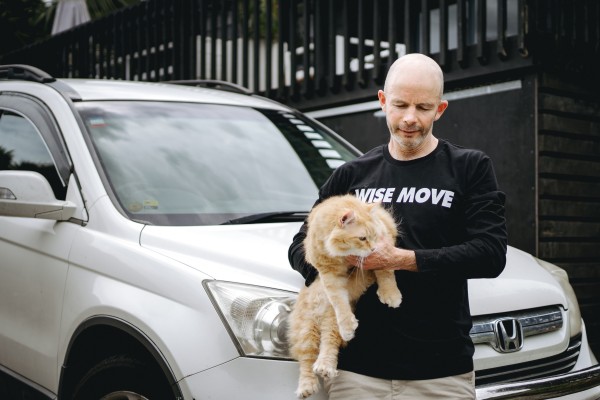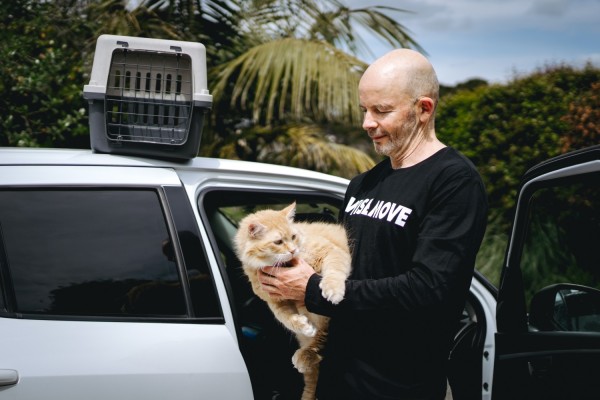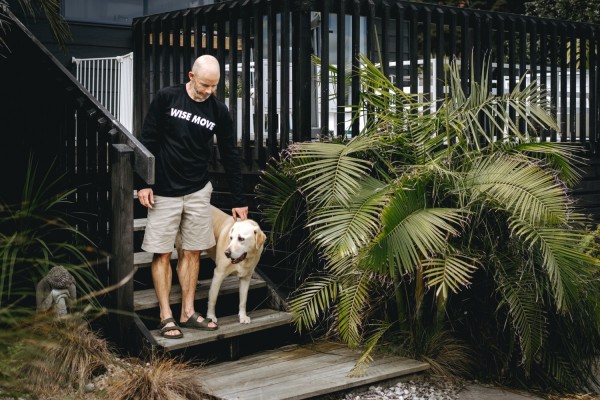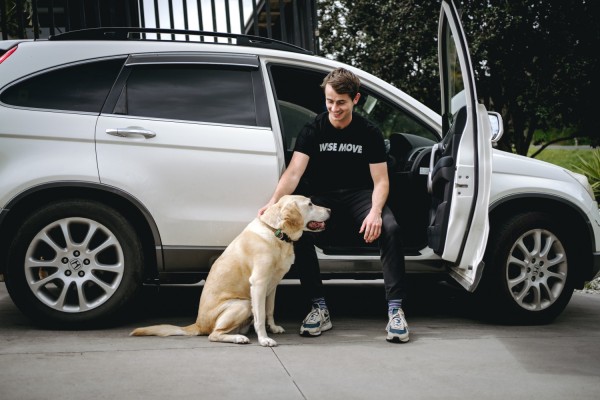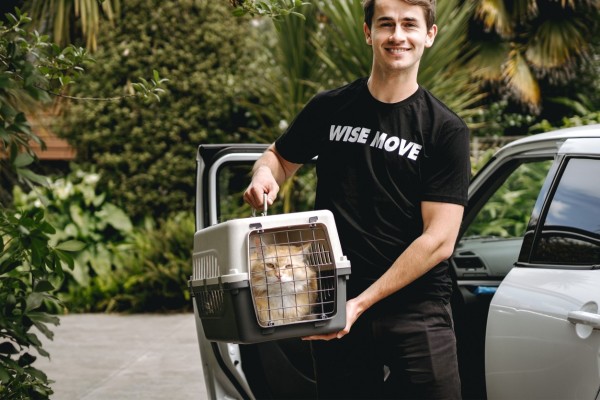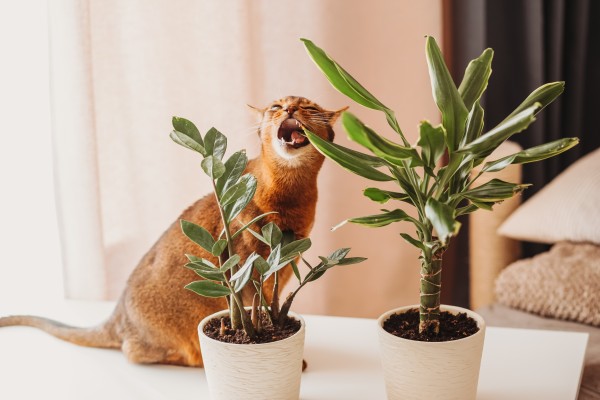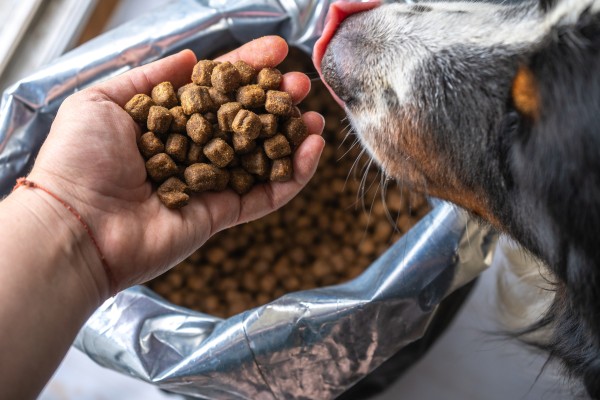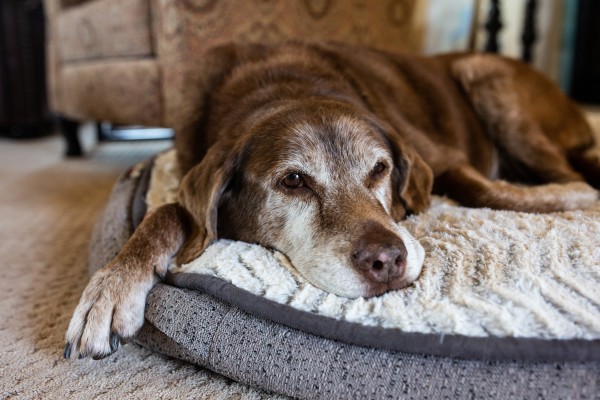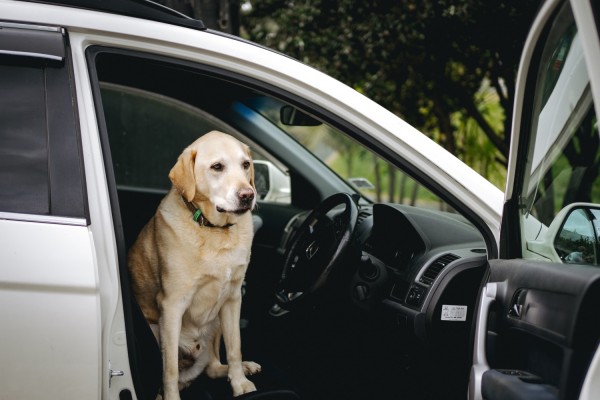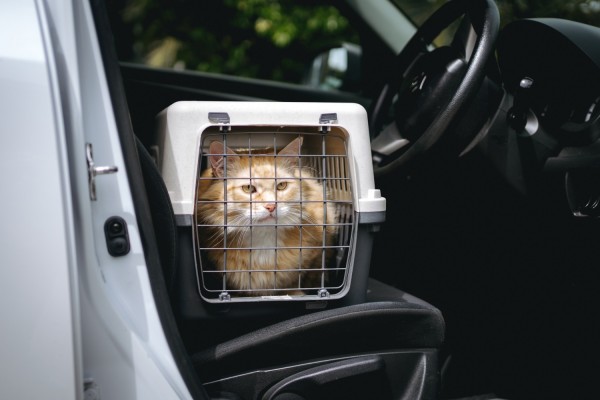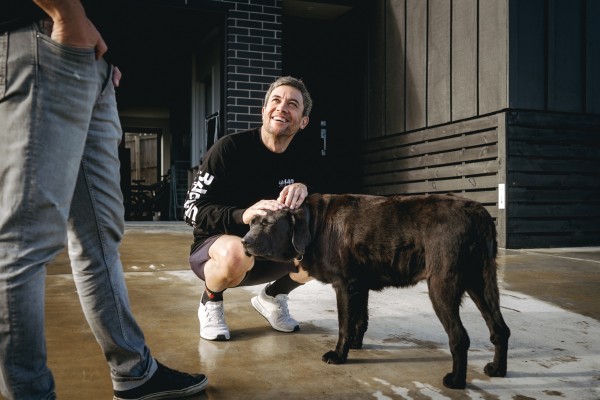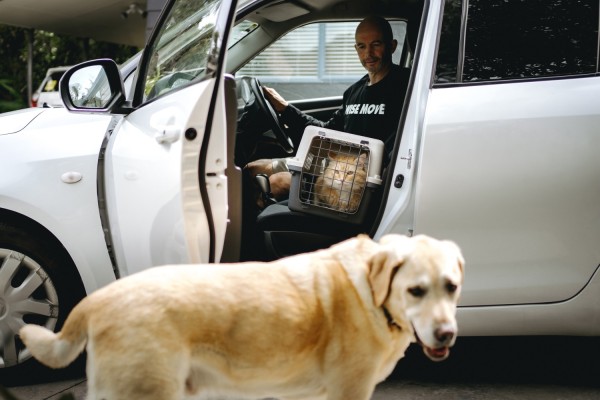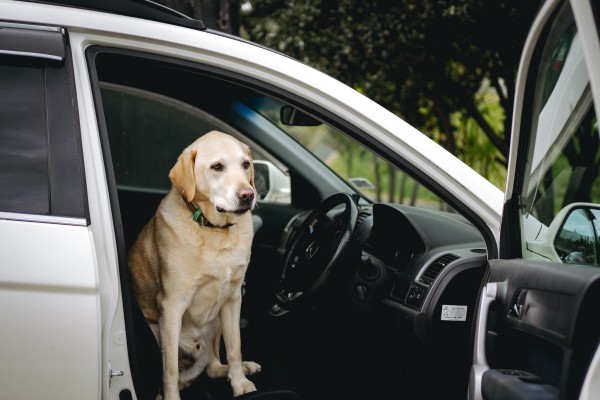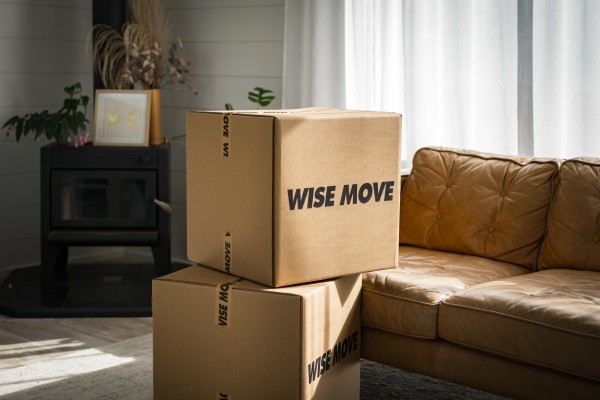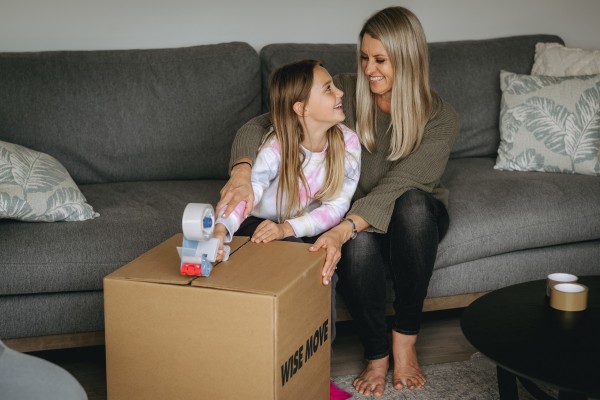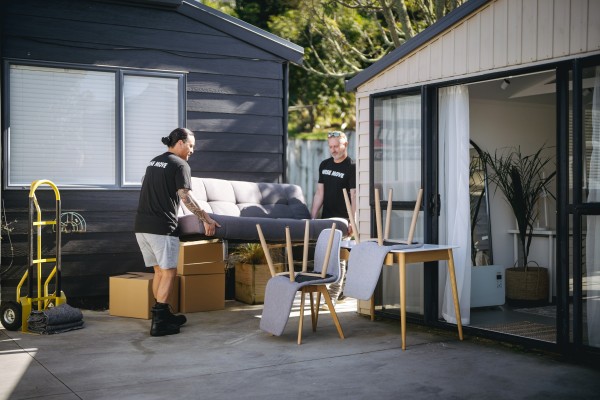Moving with pets: how to help them adjust to your new home
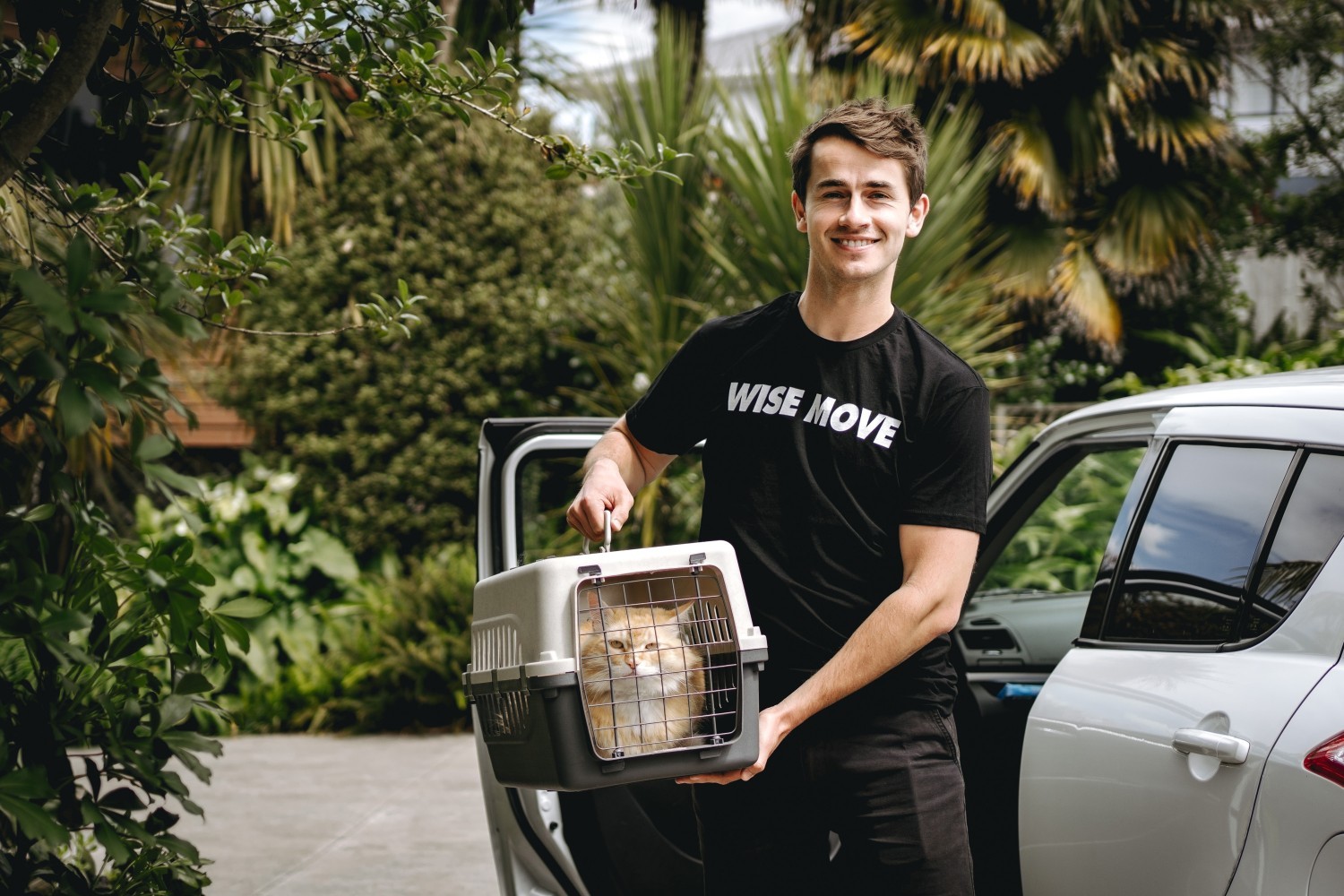
Moving with pets can be just as stressful as moving with young children. They can get anxious in the lead-up and the move to your new home and need lots of care and attention. But the hard part should be over once you've moved, right?
Not so fast. Like children, your animal will need time to settle into their new home. They may be anxious for the first few weeks after your move as they get to know the area. The good news is that you can do things before and after your move to help them settle in.
Here’s what you should know about helping your pets adjust to your new home.
How to help your pets before you move
Get them familiar with your new area
This advice goes for some pets and not others. You’re probably not going to walk your cat in your new neighbourhood. But if possible, it’s a good idea to start familiarising your dog with your new area. Take your dogs on walks around the block you are moving to, familiarise them with the local park and let them explore the sights and sounds of the street. You don’t need to spend a lot of time doing this. On moving day, your dog is already a little familiar with your new home.
Keep out your moving supplies
After gathering your moving supplies, keep them out so your pets can get used to them. Your pets will likely take an interest in the packing boxes, bubble wrap, and newspapers you’ve gathered and want to check them out. Let them do this before moving day. This means they’ll be less interested and calmer when it comes to actually packing. Just don’t leave your animals alone with these materials. Boxes make great chew toys for dogs and sleeping places for cats.
Walk or play with your pets on moving day
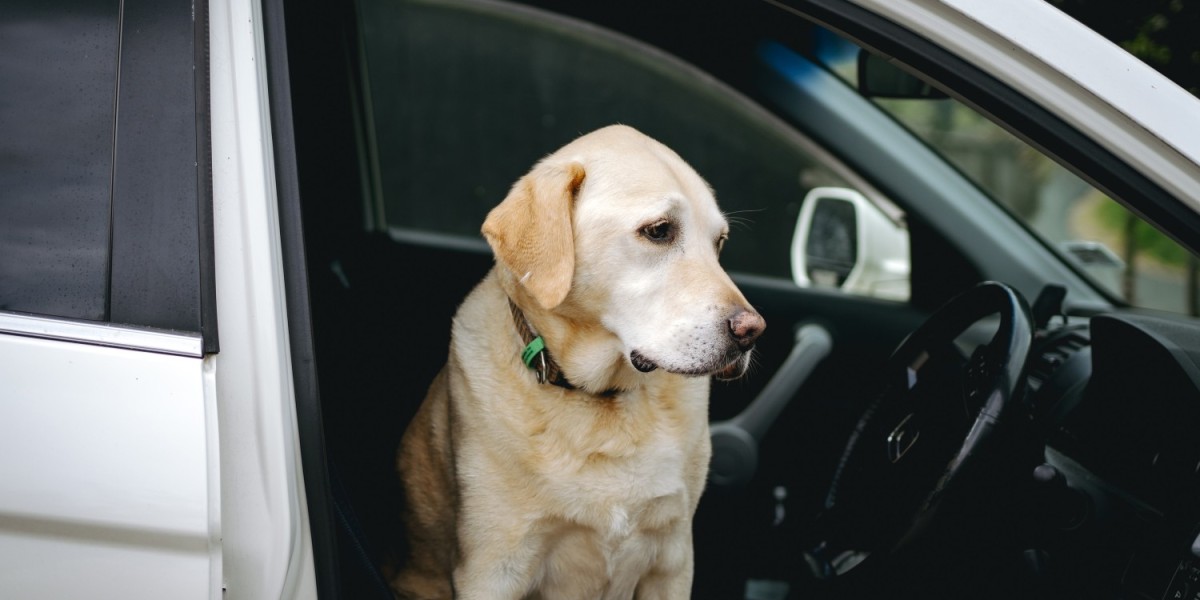
Finding time for most things on moving days is hard, but showing affection to your cat or dog is always a good idea. If you have a high-energy dog, take them for a longer walk than usual. If you’re worried about finding the time in your day, do this early. You’ll help them burn off any excitable energy. Alternatively, ask a friend or family member to look after your pet while you pack and load your truck or van. This will make the whole day go a lot smoother.
Pack your pet a moving bag
Making moving easier by packing your dog or cat's essentials into one bag or backpack. Keep their leashes, treats, favourite toys, bowls, doggy bags, food pouches or any other essentials in one place. You’ll have everything in one place during and after the move, making it easier to tend to their needs.
Hire a professional pet transportation service
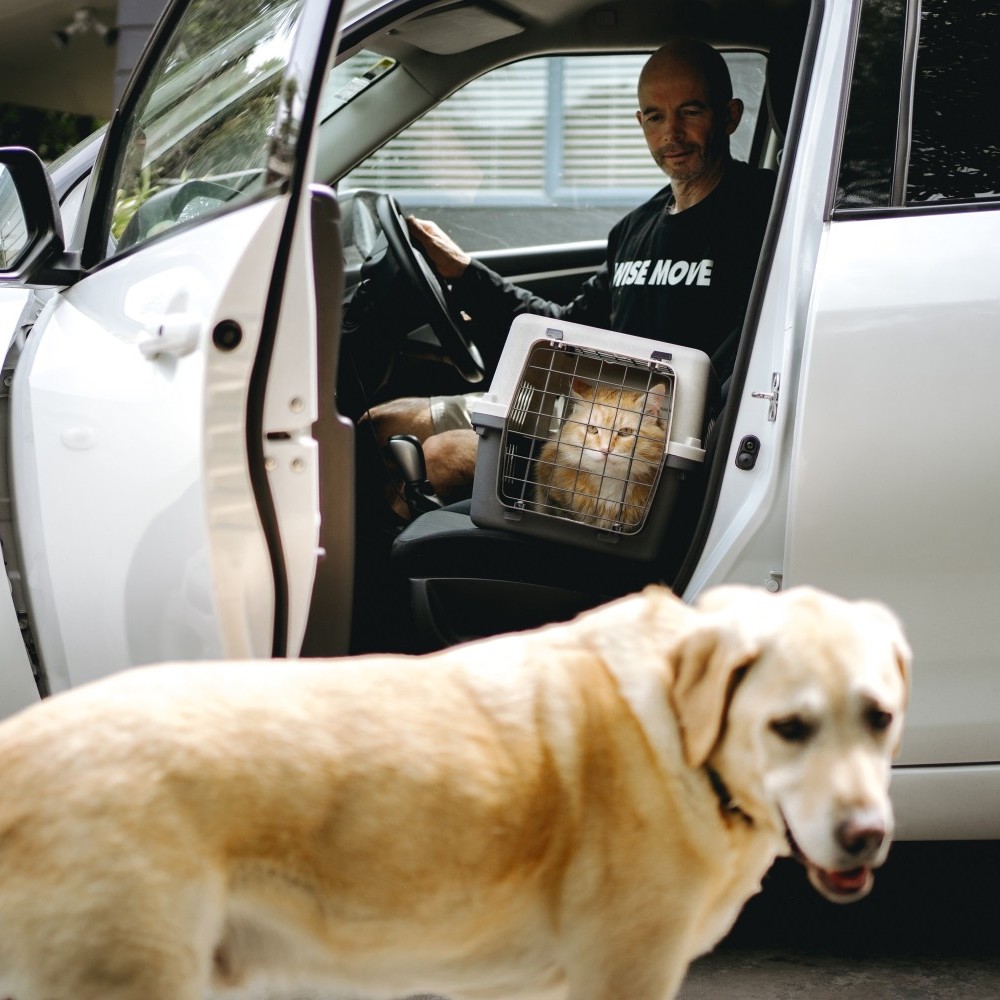
Moving can be stressful for your pets. Hiring a professional pet moving service is one way to make the day easier for everyone involved. Professional pet movers take the hard work out of transporting your pet to your new home. If you are moving to a new city a pet mover can help make the experience less stressful and reduce the anxiety your pet experiences. As the movers' sole job is to transport your pet, they receive more love and attention during the move than they might when travelling in a car or van with their owner.
How to help your pet adjust after your move
Keep a routine
Animals need routines; keeping your old routine will help them settle into your new home. Keep feeding, walking or playing with your pets at the same time each day for the first few weeks in your new home. If your dog is used to getting up and going on a walk first thing, make sure you follow the same pattern in your new home. If you have to change your routine because of a new job or different commute, try to keep as many elements of your routine the same. Once your dog has settled into your new home, you can start changing their walking and feeding times, and they should adjust to these changes more easily.
Don’t get rid of your pet's old things
Sometimes, it’s not until we move that we realise how old or outdated some of our stuff is. If you’re moving to a new home, you might be tempted to upgrade your pet's water bowls or bed. After all, who wants to haul a fur-covered old bed to a nice new home? While these items might be smelly to you, they’re also familiar to your pet and likely bring them comfort. Don’t take them away just yet.
Let your pet settle in, and don’t buy new gear until they feel at home in their new space. You can still buy them new toys in the meantime. Just don’t take their old ones away.
Limit the amount of time you leave them alone
Even animals that are comfortable being left alone may struggle at first in a new home. Most dogs need time to settle into new locations and may bark, chew or whine when they are on their own at first. Try to limit the time you leave your dog alone at first. This may mean taking them to appointments, on car drives or watching your kid's soccer games.
If you can, work from home in the first few weeks after your move. When you have to leave, try starting with short departures out of the house. Make sure they have something to play with or to keep them occupied. Ensure they have access to their bed, blanket or dog crate. This will help them feel more secure in your absence. Pet proofing your home before you leave will also help.
Spend time with them on the floor
Your pets will adjust faster to your new home if it’s filled with familiar smells. Your cat or dog likely spends more time on the floor than they do on the couch. Getting down to their level can help them adjust faster and feel more comfortable in your new space. Play with them on the floor or simply sit on the carpet with them while you watch television at night.
Need help with your pets during the move? Book your budget-friendly pet transportation with New Zealand’s most reliable movers.
What do our customers say?



For every (wise)move
